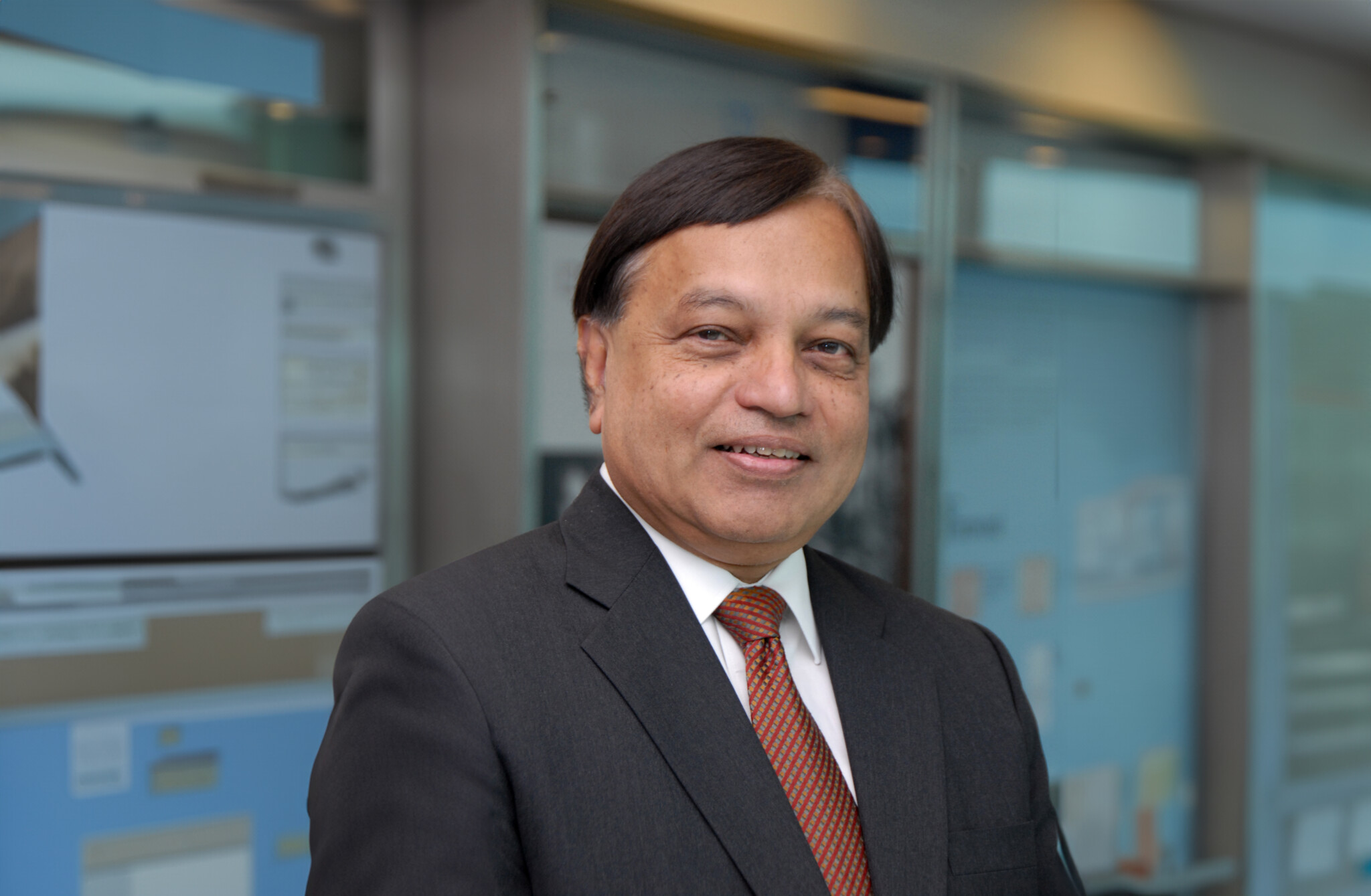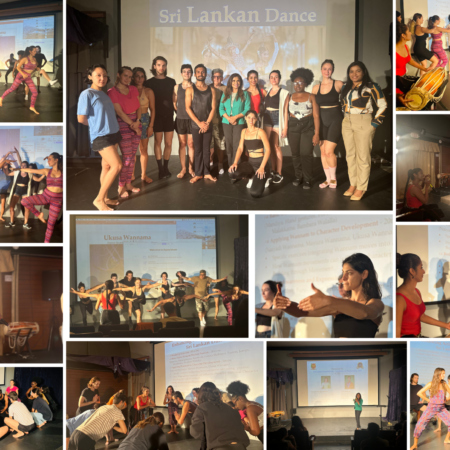He also served as Vice Chair of the influential WHO overarching Strategic Technical Advisory Group for Infectious Hazards of epidemic and pandemic potential. He is currently working on H5 Bird Flu H5N1 and MERS coronavirus as potential future pandemic threats.
In 2018 Professor Malik Peiris received the Lifetime Achievement Award from the Sri Lanka Foundation International for his groundbreaking research with a particular interest in newly emerging virus diseases at the animal-human interface and because he played a key role in identifying the novel coronavirus that caused SARS in 2003, contributing to its diagnosis and containment.
Since 2018 he has received the following Awards:
- – In 2021, he received the John Dirks Canada Gairdner Global Health Award. This highly prestigious award for excellence in medical research was made in recognition of my work on avian influenza H5N1 and the SARS outbreak in 2003. https://www.gairdner.org/winner/joseph-sriyal-malik-peiris
- – Also in 2021, he received the Future Science Prize. Future Science Prize is a privately funded science prize established by a group of renowned scientists and successful entrepreneurs in 2016, aiming at recognizing scientific breakthroughs and innovations in the Greater China region (including Mainland China, Taiwan, Hong Kong, and Macau). More information about the prize can be found at: http://www.futureprize.org/en/index.html
- – In 2023, he received the Doctor of Science (Honoris Causa), the University of Oxford. He already has a PhD (DPhil) from the University of Oxford. An honorary conferment of a Doctor of Science is a select honor. As you can see from the website link below, only 8 people from all areas of expertise were conferred this honor in 2023. https://www.ox.ac.uk/news/2023-05-03-honorary-degree-recipients-2023-announced
In addition, he received the following awards:
- – Pan American Society of Clinical Virology, Diagnostic Virology Award (2021)
- – Elected an Honorary Fellow of Keble College Oxford (2023)
Professor Malik has contributed extensive research work during the COVID-19 pandemic. His work published online in February 2020 in the New England Journal of Medicine provided very early evidence indicating that COVID-19 would be very different from SARS in 2003 in being much more efficiently transmissible and difficult to control.
Also, work published online in April 2020 in Nature Medicine providing evidence that face masks can potentially reduce transmission of coronaviruses was very impactful in arguing for the wider use of facemasks to reduce transmission of COVID-19.
Furthermore, his work published the first paper demonstrating that the Golden Syrian Hamster was the best experimental model for COVID-19. They were the first to demonstrate that SARS-CoV-2 can spill back from humans to other animals including pets.
His message to the younger generation is to encourage them to consider a higher education in science because it teaches you to think dispassionately and logically. This is a very important skill in this social-media-information-overloaded world to be able to critically assess competing claims. This is also increasingly important in an AI and robotics-driven future when most routine tasks humans do will be taken over by AI or robotics. So critical thinking and creative talents will be the crucial input required from humans. Furthermore, he said “Career in scientific research has been an meaningful and rewarding career for me over the years. You are never bored and ‘working’ becomes something you enjoy. The biomedical sciences are going to be an area of exponential development and radical change, given the impact of multiple recent revolutionary discoveries (gene editing, mRNA therapies) and tools (AI) and our disposal.”






















